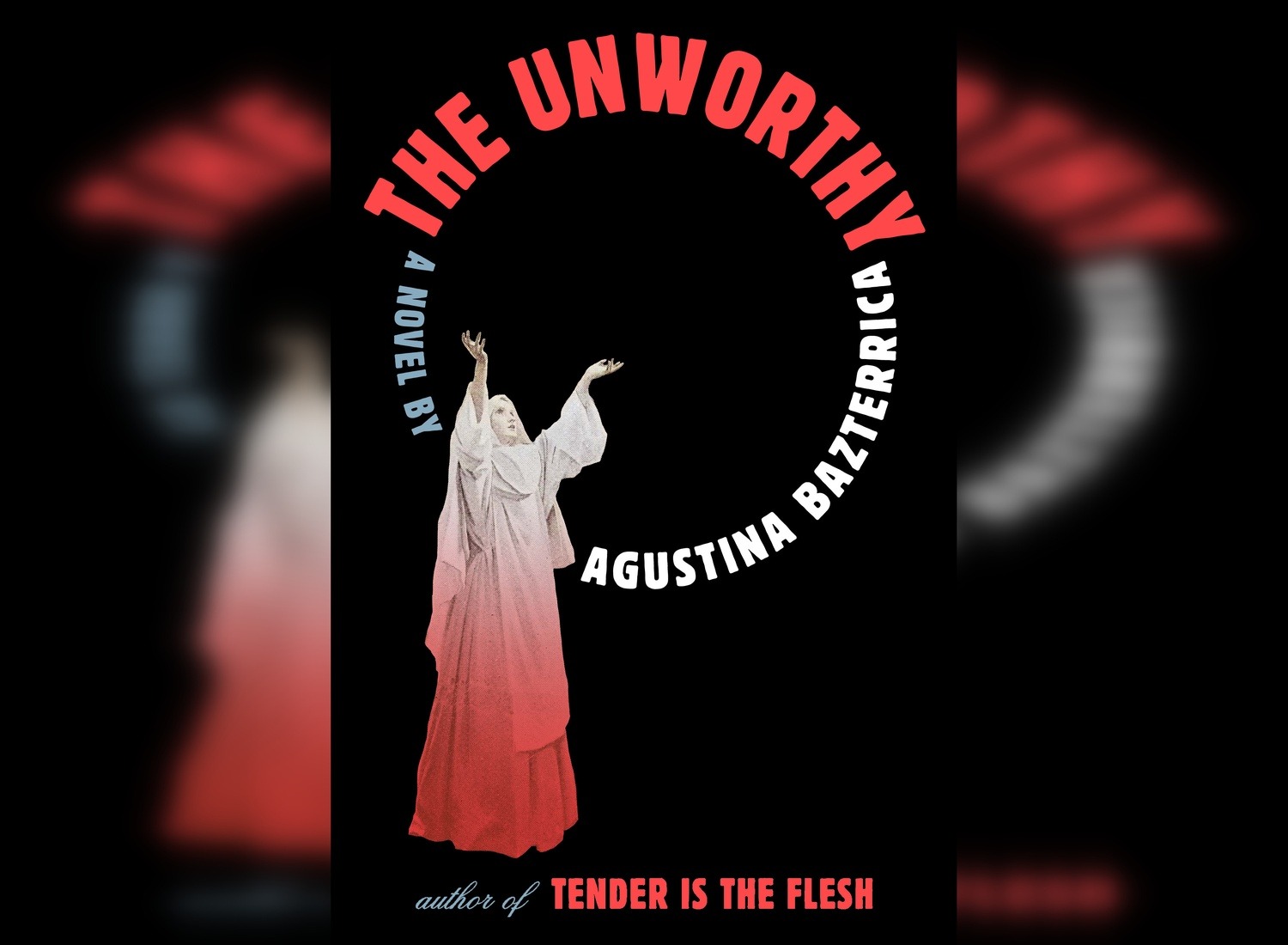
A Review of Agustina Bazterrica's "The Unworthy"
Bazterrica’s “The Unworthy,” A Review of a Worthy Novel
Preface: In this essay, I explore themes and elements of the book's world-building. I try to avoid spoilers and the central narrative. However, if you enjoy stepping into a book blind, consider reading this piece after you've finished the novel. Enjoy!
*
The newest novel by Argentinian writer Agustina Bazterrica is a poetic and bloody chronicle of faith and terror at the end of the world. This pithy book moves at a clipped pace but packs a powerful punch. There's so much to unpack here--let's dive right in!
The story of "The Unworthy" is told from the perspective of an unnamed woman living in a secluded convent. What little we glean about the world’s fate comes in snippets from the woman’s journal: accounts of atmospheric storms, acid rain, raising oceans, starving travelers and cannibal gangs. We quickly surmise that the world has been devastated by apocalyptic climate change. We are led to believe it is Hell outside, and salvation lies only within the walls of this mountain convent. Indeed, the religious mantra of her convent claims, “Without faith, there is no refuge.”
Bazterrica's writing is sparse and purposeful. There’s an irreverent, almost fairy-tale quality to the neologism used within the convent, with names like the "Superior Sister," the "Tower of Punishment," the "Enlightened Ones," the "Chapel of Ascension," and the nameless “He”--the shadowed man who rules these women by decree. We learn that the old religions are all dead. There is no tolerance for the old Christian ways, for “the erroneous god, the false son, and the negative mother.” There is only one path to salvation: total submission to the new faith.
Bazterrica wants us to understand that this religion is brutal and unforgiving. In a sense, it is the boogeyman version of Catholicism. All the worst aspects of monotheism are found here. Every simple pleasure is deemed a sin worthy of corporal punishment. Every impulse must be controlled. The sisters are turned upon one another, spying on each other and mutilating themselves for the favor of their rulers. The crueler sisters delight in torturing one another (…and here I must offer a warning to sensitive readers: this book contains many scenes of violence, some sexual in nature).
Misogyny is a major undercurrent as well. The sisters are endlessly demeaned by their male godhead for the sin of their sex. They are described as “...mistrustful, skeptical, inconsiderate bitches who drag themselves through the earth, filthy and drooling like a pack of blasphemous, suspicious, wavering women[.]” The relentless onslaught of abuse in these pages borders on gratuitous. But Bazterrica deftly maintains control of the narrative, forcing us to gaze into the abyss because there’s something worth seeing there. In every scene of violence, there is a lesson. There is a purpose and a balance later in the story.
Speaking of lessons in violence, perhaps the most menacing figure in the book is the “Superior Sister." She is the voice and enforcer of the convent. We are introduced to this imposing authority early on, dressed in black military pants and wielding a bloody whip. “As she walked, the oxygen around her disappeared,” writes the narrator. “She devoured it with every step. It was difficult to breathe because her perfect body, her magnificent and terrifying presence, took in all the air.”
The Superior Sister is one of the more disturbing figures I’ve encountered in horror. There’s a sexual fetishization in her delight in torturing and controlling the other women—and a constant terror in her omnipresence. She is everywhere at once. She looms large in the narrator’s mind and our own. She is a memorable villain who will not soon be forgotten.
Ultimately, Bazterrica uses horror “fables” like this to contend with larger questions in society. In her first novel, "Tender is the Flesh," she challenged the morality of consumerism and capitalism. In "The Unworthy," her attention is drawn to more personal--if not spiritual--questions. What is the cost of a life worth living? Is there true dignity in death? What do we lose when we commit acts of cruelty to one another?
In the end, “The Unworthy” is a morbid, unsettling, and strangely touching book about a lonely woman searching for hope. It is an unflinchingly brutal story to read. There’s a moral to this dark fairy tale, but you must be willing to reach deep into the teeth of the big, bad wolf to find it.
*
*Disclaimer : I do not get paid or compensated for promoting fictional works. All reviews on this webpage are written of my own accord.
0 Comments Add a Comment?